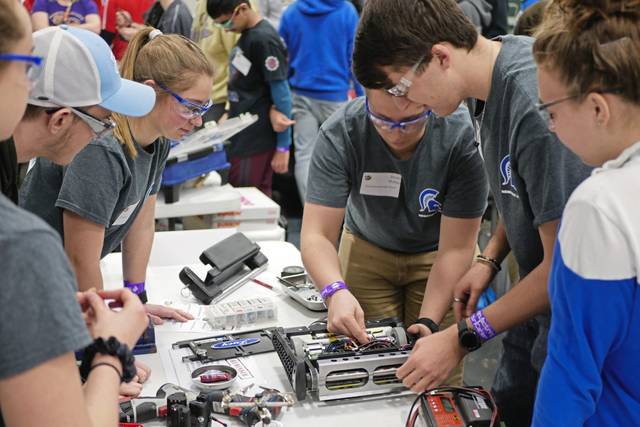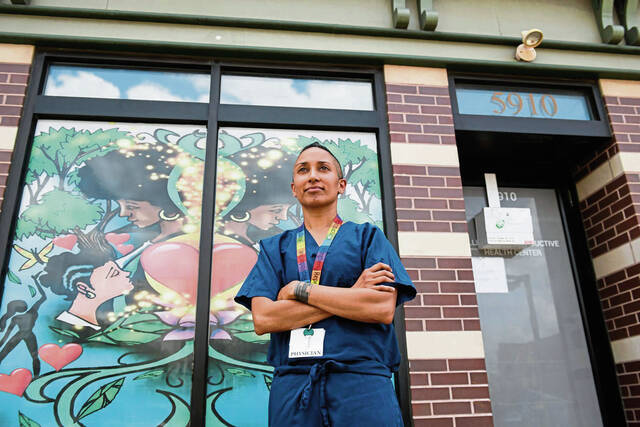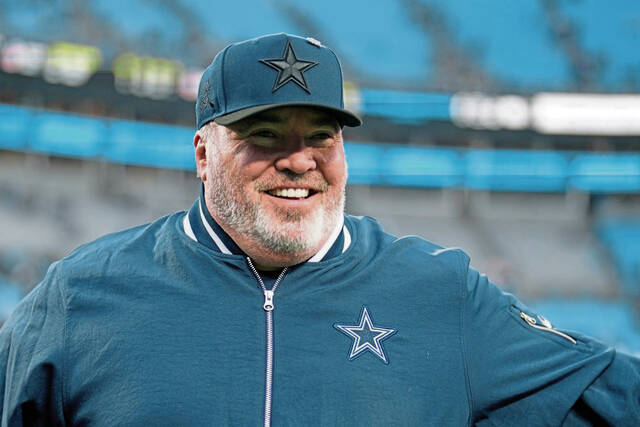A retirement wave that could fundamentally change the makeup of our region’s workforce and impact the ability for businesses to secure local talent is on the horizon. This “silver tsunami,” as it’s termed, coupled with rapidly evolving workplace pandemic changes, is a problem that can be studied, understood and solved through the region’s public-private partnerships.
As we’ve seen over the past few months, workplaces are rapidly evolving, and while we can’t fully predict what the workplace of tomorrow will look like, ensuring those in today’s workforce, as well as those preparing for tomorrow’s, have the transferrable skills and foundational science, technology, engineering, and math understanding will be critical moving forward.
The Claude Worthington Benedum Foundation, along with many other supporters, has long funded initiatives in the region to address our region’s diverse and growing workforce needs. The most successful projects have been and likely will continue to be those grounded in a partnership between academic institutions, foundations, nonprofits and business leaders.
An example of such success was the Appalachia Partnership Initiative (API), established in 2014 as a unique collaboration between Chevron, a private foundation, Benedum, RAND and the Allegheny Conference on Community Development.
API’s two distinct characteristics that helped to make this regional partnership a success were a corporate leader in Chevron that communicated the need for academic success and workforce preparation and a focus on the tri-state area’s labor shed, as economies and hiring practices don’t recognize state lines.
Through this partnership, more than $26 million was invested to implement such nationally recognized programs as Project Lead the Way (high school engineering) and MIT digital Fabrication Labs — FabLabs — in school districts across the area, with a large focus on more rural Washington, Fayette and Greene counties.
The partnership also created a tri-state consortium of community colleges and workforce boards to erase the geo-political barriers to career education and employment. Over the course of five years, API attracted other partners, such as the Grable Foundation, Catalyst Connection and Carnegie Mellon University’s Advanced Robotics Manufacturing Institute.
While the initial API program has run its course, many of the programs launched are now self-sustaining. And as we look forward at what’s next, it’s this type of community partnership needed to address our workforce needs.
Carrying the torch lit by API, Waynesburg University’s Center for Corporate Social Responsibility (CSR Center) was formed in 2018 with the intent of doing more and better work for our communities. The first-of-its-kind center pairs the university’s mission of service with corporations interested in doing good for communities across the region.
Grounded in a research-based strategy, in which higher education performs the research and its 20 corporate members implement action on the ground, the CSR Center has expanded its partnership with CMU’s robotics center and expanded its mission to include critical social issues, such as poverty, food insecurity and economic development.
Moving forward, we have to recognize the rapidly changing needs of tomorrow’s workforce, whether driven by the covid-19 pandemic, a silver tsunami or yet unknown factors.
Our teams will lead in implementing tools that make remote work more accessible, particularly for rural communities, expand our workforce programs to surrounding communities, partner with K-12 educators to further strengthen STEM programs, and find new avenues for our programs to support communities and help companies recruit and retain the best talent.
These action areas are a start and represent meaningful ways we can build off the progress API started to study the evolving challenges we face and implement the solutions to solve them.
Stacey Brodak is a vice president at Waynesburg University and leads its Corporate Social Responsibility Center. Jim Denova is a vice president at the Pittsburgh-based Claude Worthington Benedum Foundation.








